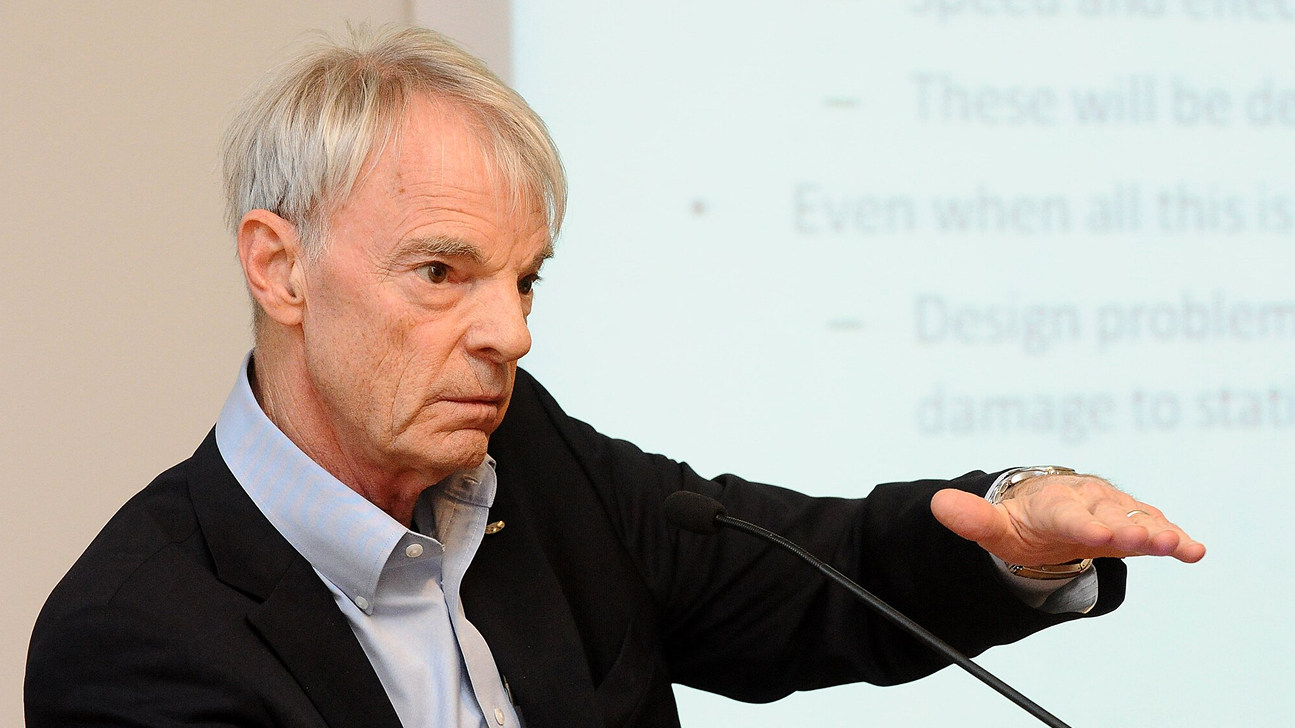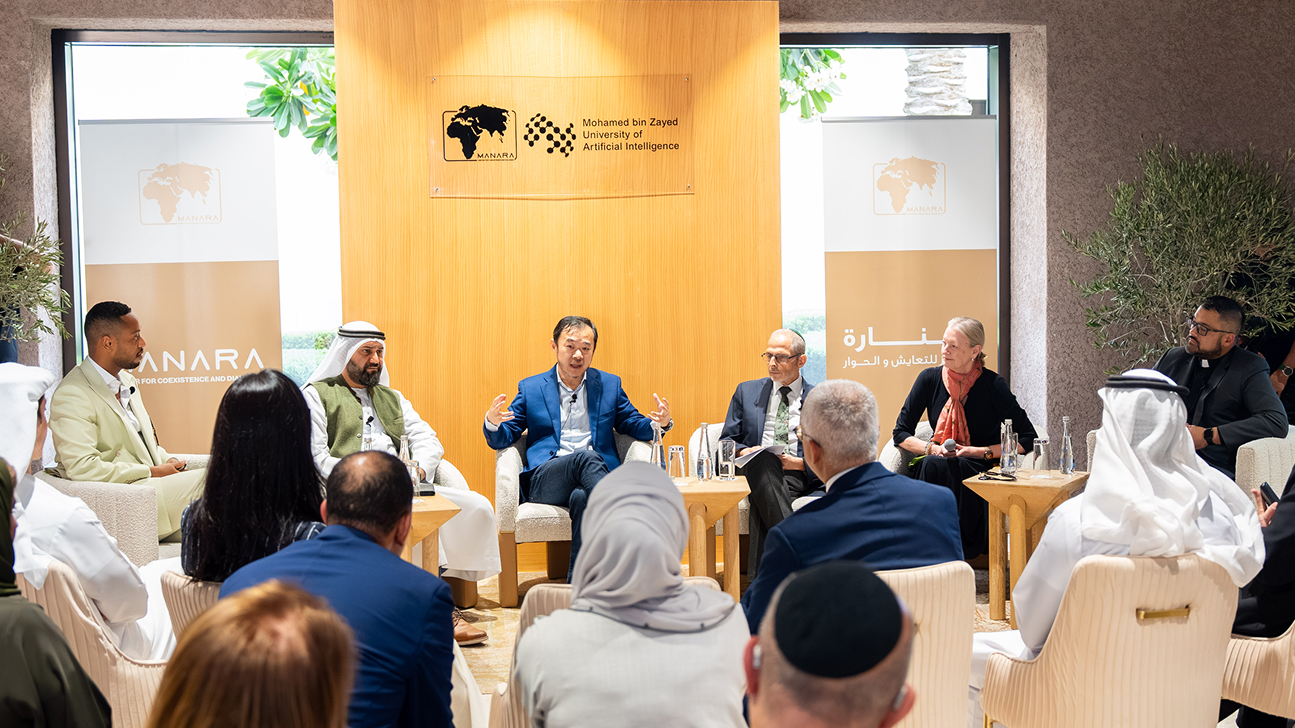Unlocking Early Prognosis and Tailored Treatment Plans: Intersection of AI and Medicalv
Tuesday, May 07, 2024
Most neurodegenerative diseases are characterised by progressive and irreversible neuronal damage and functional impairment. Traditional diagnostic and monitoring protocol rely heavily on expert clinical evaluation, including a focus on symptoms such as bradykinesia, tremor, rigidity, and postural instability, alongside examination of patients’ response to dopaminergic therapy. However, by the time these symptoms manifest, often 5, 10, or even 20 years after disease onset, significant neuronal loss has already occurred and diminished the efficacy of potential interventions. First part of this talk focuses on the transformative potential of AI in enhancing early prognosis, impact of medication, identification of biomarkers and personalized treatment plans, particularly in retinal imaging for early diagnosis. In the second part, I will highlight our recent work on AI in Health such as cardiovascular imaging and multiomics. By leveraging advanced multiomics techniques and AI algorithms, we can detect subtle changes in at their early stages, allowing for timely intervention and improved patient outcomes.
Speaker/s
Imran is a Senior Lecturer in Human-Centered Machine Learning and Digital Health in the School of Computer Science and Engineering at University of New South Wales, Sydney, Australia. Previously, he was as a Senior Lecturer in Computer Science at School of IT, Deakin University, Victoria. His area of research focuses on connecting language and vision for better interpretation of multidimensional data with special emphasis on healthcare and to explain the rationale and decision-making process behind the use of machine learning algorithms and models. With a strong background, he has developed expertise in analyzing and interpreting medical images (US, mammogram, CT, PET, MRI, fMRI and multiomics) to improve patient outcomes. Throughout his career, he has worked on a range of projects that involve developing and implementing machine learning algorithms for medical image analysis. Additionally, he has collaborated with medical professionals to develop tools for diagnosis of various medical conditions, including cancer, neurodegenerative disease, and heart disease. He led the team who has won/top ranked in several MICCAI and ISBI challenges.
Related
Nobel Laureate Michael Spence on how AI is redefining the global economy
Nobel Prize-winning economist Michael Spence explains how AI is reshaping the economic landscape and what is needed.....
- digital policy ,
- governance ,
- Nobel Prize ,
- guest talk ,
- guest lecture ,
- economics ,
- Economy ,
- Undergraduate ,
Understanding faith in the age of AI
MBZUAI hosted a panel discussion in collaboration with the Manara Center for Coexistence and Dialogue focused on.....
- connection ,
- discussion ,
- religion ,
- spirituality ,
- faith ,
- conversation ,
- panel ,
- Human–computer interaction ,

